Community groups filled a void in the aftermath of the Grenfell Tower tragedy left by a council that was ‘slow to provide direction’, according to a new report.
The report by Muslim Aid and the Al Manaar Centre found local organisations and community groups stepped up the challenge of meeting the needs of the community, while statutory authorities, like the London borough of Kensington and Chelsea ‘fell short’, particularly in the first few days and weeks after last year’s fire.
In particular, the report notes that despite a lack of experience in disaster situations and a lack of training for such, voluntary groups demonstrated some ‘extraordinary examples of effective action’.
According to the report, local and community groups provided Halal meals, distributed cash grants to survivors and helped facilitate meetings between community members and those tasked with leading efforts to help them.
‘In the Grenfell response, local organisations were key to tackling short-term needs and are playing a vital role in the longer term,’ the report states.
‘This must be more completely and systematically embraced both across the sector and by government.’
But the report adds that almost one year on from the fire, many housing needs are still unmet and many people’s lives are ‘continuing to be negatively affected’.
It adds Grenfell has also generated ‘complex’ or ‘chronic challenges’ around mental health and livelihoods.
‘There were good examples of coordination in the Grenfell response, for example between Muslim charities, between funders and those who collaborated around cash grant distribution,’ the report adds.
‘Overall links across the sector and between the sector and government were weak, reflecting the lack of effective mechanisms to facilitate the involvement of the full range of actors engaged in emergencies at local level and beyond.’
The chief executive of Muslim Aid, Jehangir Malik, who was on the ground, coordinating volunteers after the fire, said: ‘The spirit of humanitarian action displayed mainly by the community itself and supported by an array of local organisations and businesses, as well as individual volunteers and representatives from external organisations filled the void where there was a lack of official direction, coordination and information.
‘I would have expected this chaos in a developing country, because almost always there is poor infrastructure. I honestly thought we had better disaster preparedness and response systems here in the UK,’ added Mr Malik.
‘We are now asking for lessons to be learned and for greater coordination of the voluntary organisations with local authorities, including as part of national emergency response structures.’
The deputy Chief executive officer and registrar at the Charity Commission, David Holdsworth, said: ‘The great British public demonstrated immense generosity, and local volunteers and members of the community stepped forward to support their neighbours, friends and strangers’.
‘But as this report shows, there are important lessons for the voluntary sector to learn to ensure that charities’ responses to future disasters are as targeted and coordinated as possible. We owe it to the survivors, who have shown immense dignity and determination, to act on these findings, alongside those of other reviews,’ added Mr Holdsworth.
To read the full report, click here.











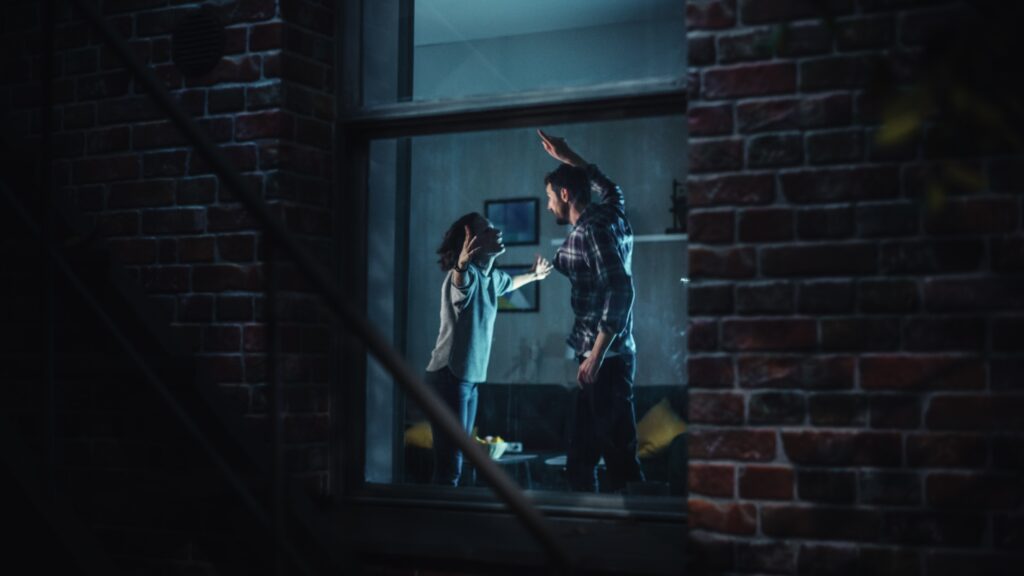
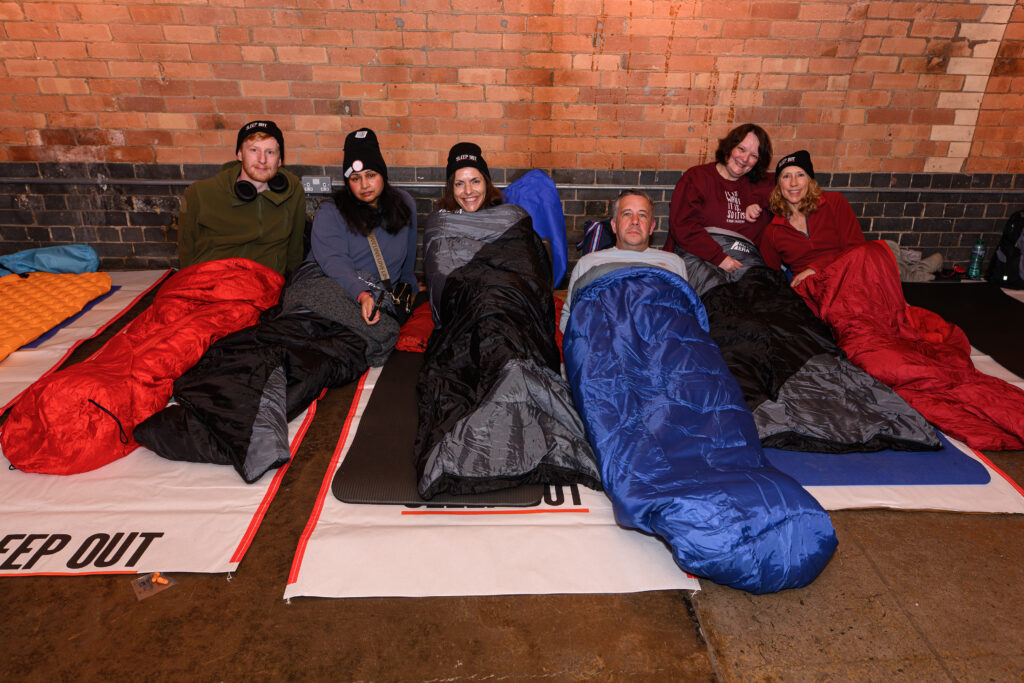

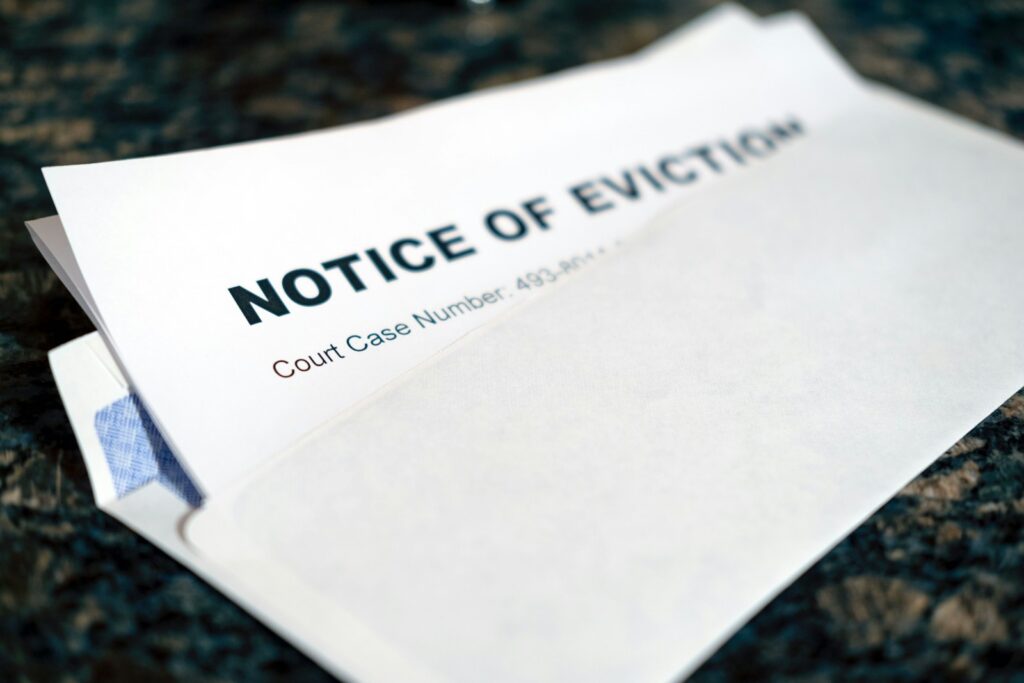
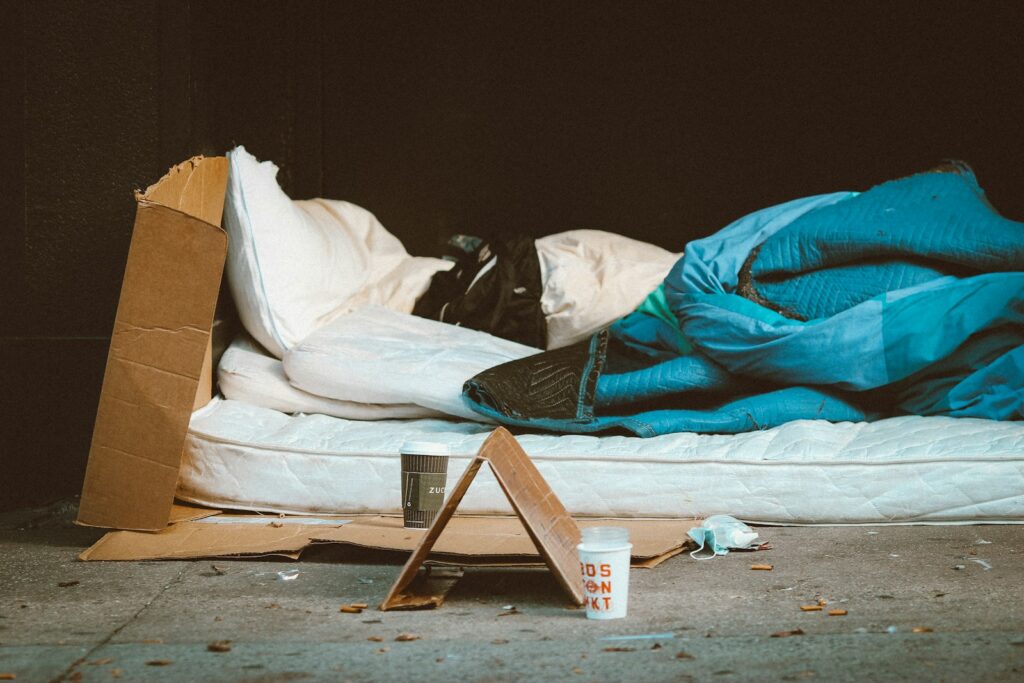
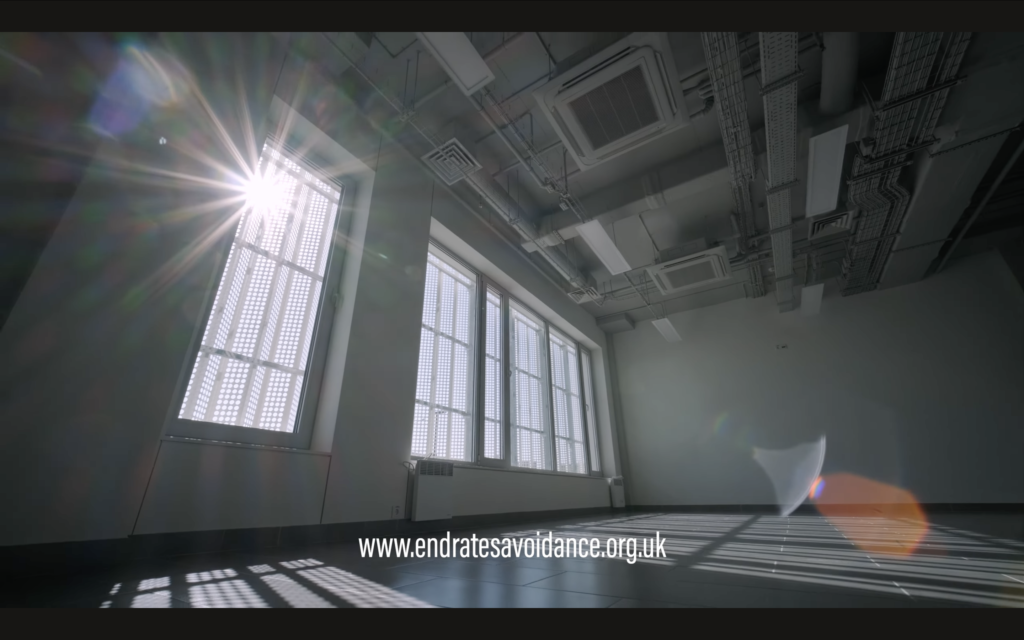
Leave a Reply